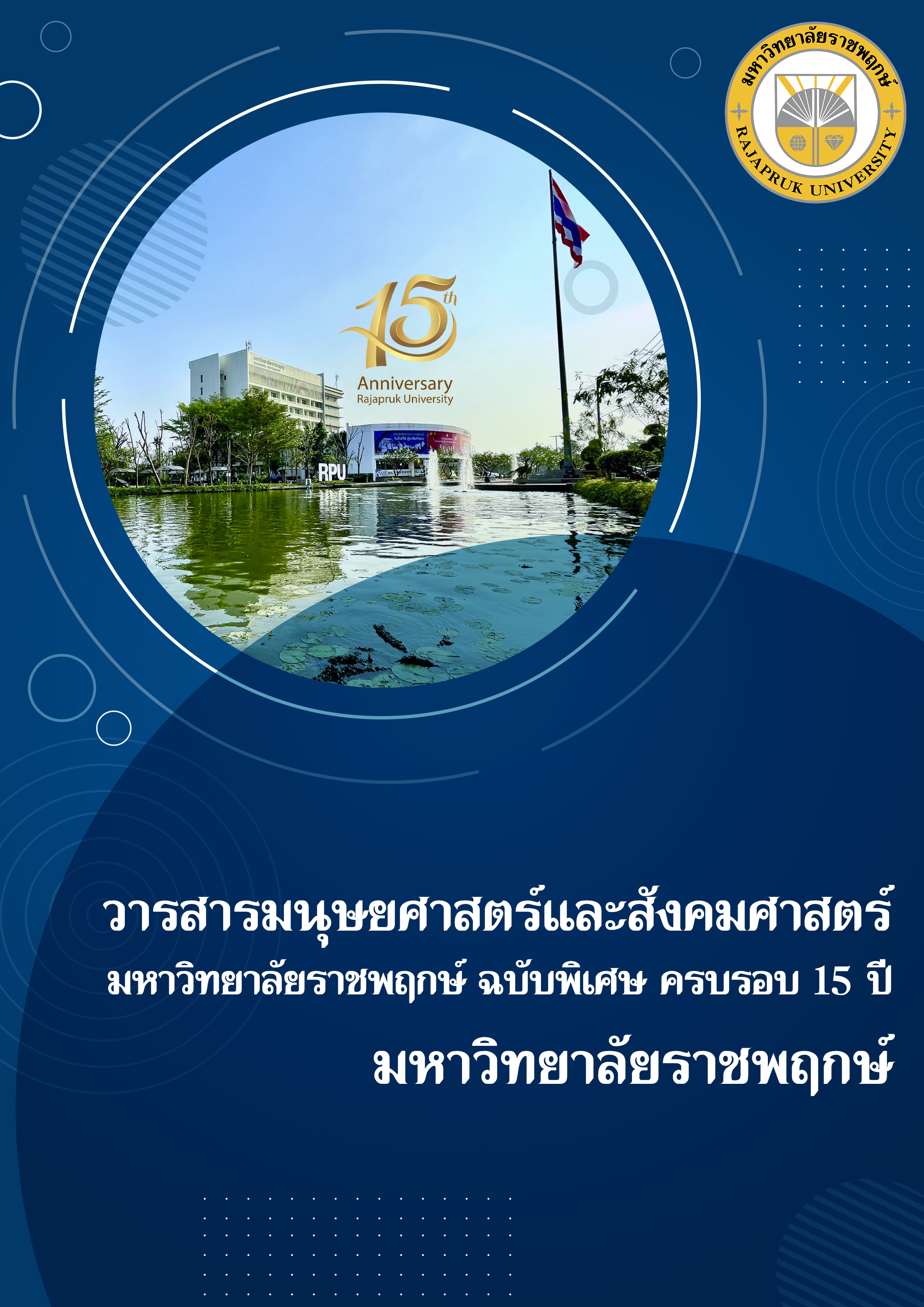Development of Board Games for Enhancing Executive functions in Young Children
Main Article Content
Abstract
The objective of this study was to compare the executive function of students between an experimental group that participated through the board game activity and a control group that followed their normal routine. Preschool students from a private school in Bangkok were recruited who ranged in age from 5-3 to 5-8 years upon entry into the research study. A Non-Randomized Control–Group Pretest Posttest Design was used. Children in the experiment group (n=27) participated in board game activity 3-week, three lessons a week, 45 minutes per lesson. Children in the control group (n=30) followed their normal routine. Executive function was assessed using 1) Behavioral ratings of these executive function (MU.EF-101) in 5 domains: working memory, inhibition, cognitive flexibility, plan and organize, emotional control; and 2) Performance tests measuring inhibition (Cat-Mouse Task), working memory (Missing Scan Task), and cognitive flexibility (Dimensional Change Card Sort Test: DCCS). After adjusting for pretest covariates, children in the intervention group showed significant improvement in cognitive flexibility than children in the control group on the DCCS Test and the behavior rating. The MU.EF-101 result reflected enhancing inhibition, planning and the overall executive function skills. However, there is no significant difference in working memory and emotional control. In conclusion, board games designed activities can enhance some aspects of executive functioning in preschool children.
Article Details
References
นวลจันทร์ จุฑาภักดีกุล. (2560). การพัฒนาและหาค่าเกณฑ์มาตรฐานเครื่องมือประเมินการคิดเชิงบริหารในเด็กปฐมวัย. กรุงเทพฯ: ศูนย์วิจัยประสาทวิทยาศาสตร์สถาบันชีววิทยาศาสตร์โมเลกุล, มหาวิทยาลัยมหิดล.
Banich, M. T. (2009). Executive Function: The Search for an Integrated Account. Current Directions in Psychological Science, 18: 89-94.
Blair, C. and Razza, R. P. (2007). Relating effortful control, executive function, and false belief understanding to emerging math and literacy ability in kindergarten. Child Development, 78(2): 647-663.
Buschke, H. (1963). Relative retention in immediate memory determined by the missing scan method. Nature, 200(4911): 1129-1130.
Center on the Developing Child, Harvard University. (2014). Enhancing and practicing executive function skills with children from infancy to adolescence.Retrieved January 15th, 2019, from www.developingchild.
harvard.edu.
Danilewitz, J., Reid, G., and Turnbull, K. (2016). The relationship between emotion regulation and executive functioning after sleep restriction in healthy preschool children. Western Undergraduate Psychology Journal, 4(1): Article 4.
Diamond, A. (2013). Executive functions. Annual Review of Psychology, 64(1): 135-168.
Gerstadt, C.L., Hong, Y.J., and Diamond, A. (1994). The relationship between cognition and action: performance of children 31/2- 7 years old on a stroop-like day-night test. Cognition, 53(2): 129-153.
Hinebaugh, Jeffrey P. (2009). A Board Game Education. Maryland: Roman & Littlefield Education.
Lillard, Angeline S. (2018). Rethinking Education: Montessori’s Approach. Current Directions in Psychological Science, 27(6), 395-400.
Miranda, A., Colomer, C., Mercader, J., Fernández, M.I., and Presentación, M.J. (2015). Performance-based tests versus behavioral ratings in the assessment of executive functioning in preschoolers: associations with ADHD symptoms and reading achievement. Frontiers in Psychology, 6: 545.
Roman, A.S., Pison, D.B., and Kronenberger, W.G. (2014). Assessment of working memory capacity in preschool children using the missing scan task. Infant and Child Development, 23(6): 575-587.
Schmitt, Sara A., Korucu, Irem, Napoli, Amy R., Bryant, Lindsey M., and Purpura, David J. (2018). Using block play to enhance preschool children’s mathematics and executive functioning: A randomized controlled trial. Early Childhood Research Quarterly, 44(2018): 181-191.
Xiong, Shanying,Li, Xianxiong, and Tao, Kun. (2017). Effects of Structured Physical Activity Program on Chinese Young Children’s Executive Functions and Perceived Physical Competence in a Day Care Center. BioMed Research International, 2017: 5635070
Zelazo, P. D. (2006). The Dimensional Change Card Sort (DCCS): A method of assessing executive function in children. Nature Protocols, 1(1): 297-301.
Zelazo, P.D., Forston, J.L., Master, A.S., and Carlson, S.M. (2018). Mindfulness Plus Reflection Training: Effects on Executive Function in Early Childhood. Frontiers in Psychology, 9, Article 208: 1-2.
Zelazo, P.D., Muller, U., Frye, D., and Marcovitch, S. (2003). The development of executive function in early childhood. Monographs of the Society for Research in Child Development, 68(3), Serial No. 274.


